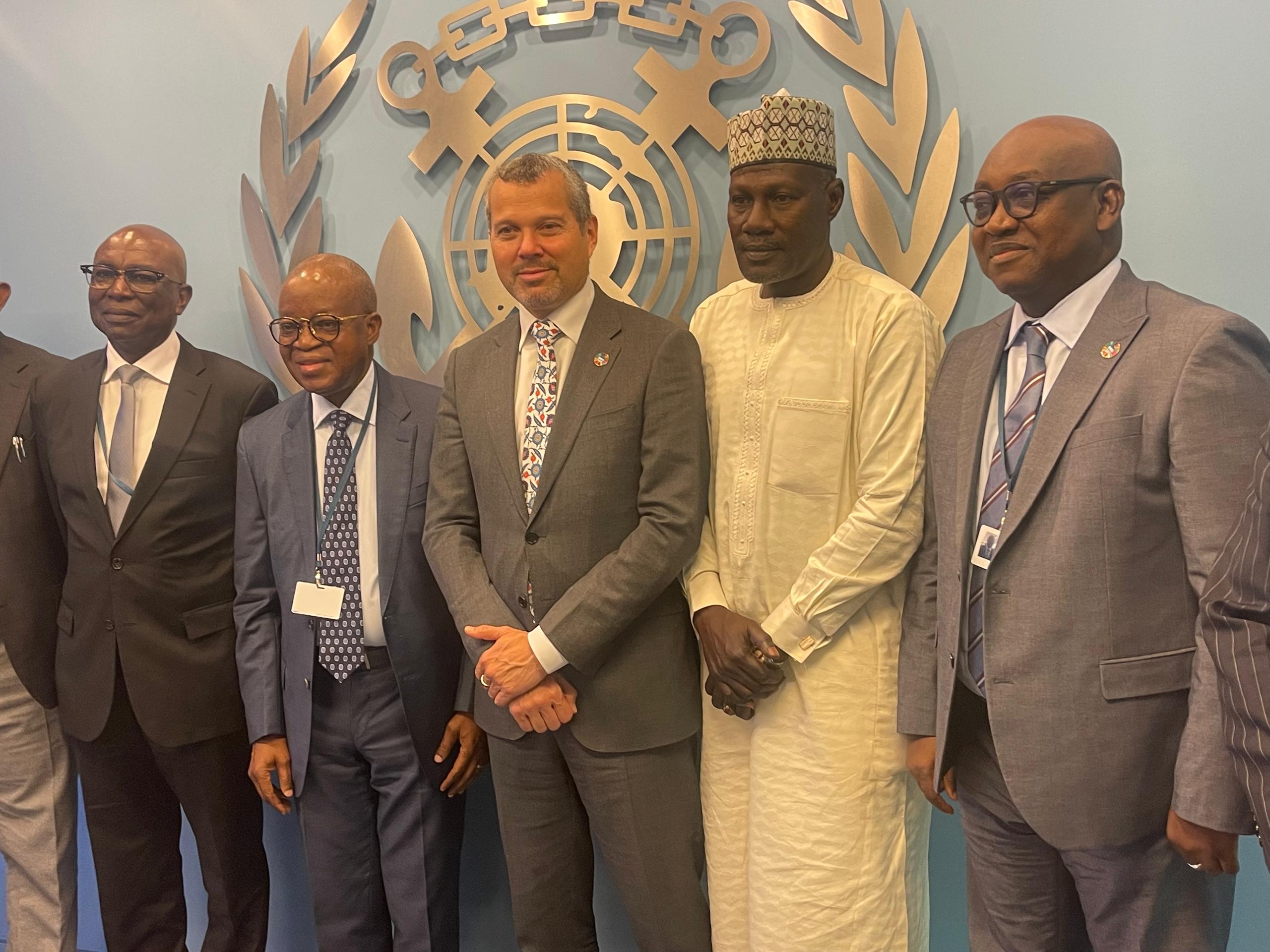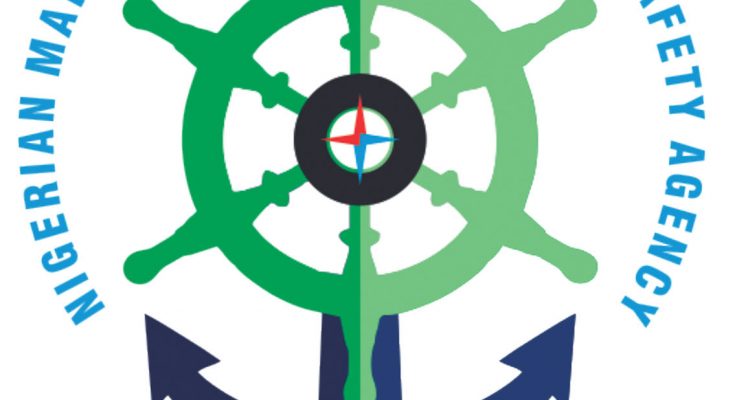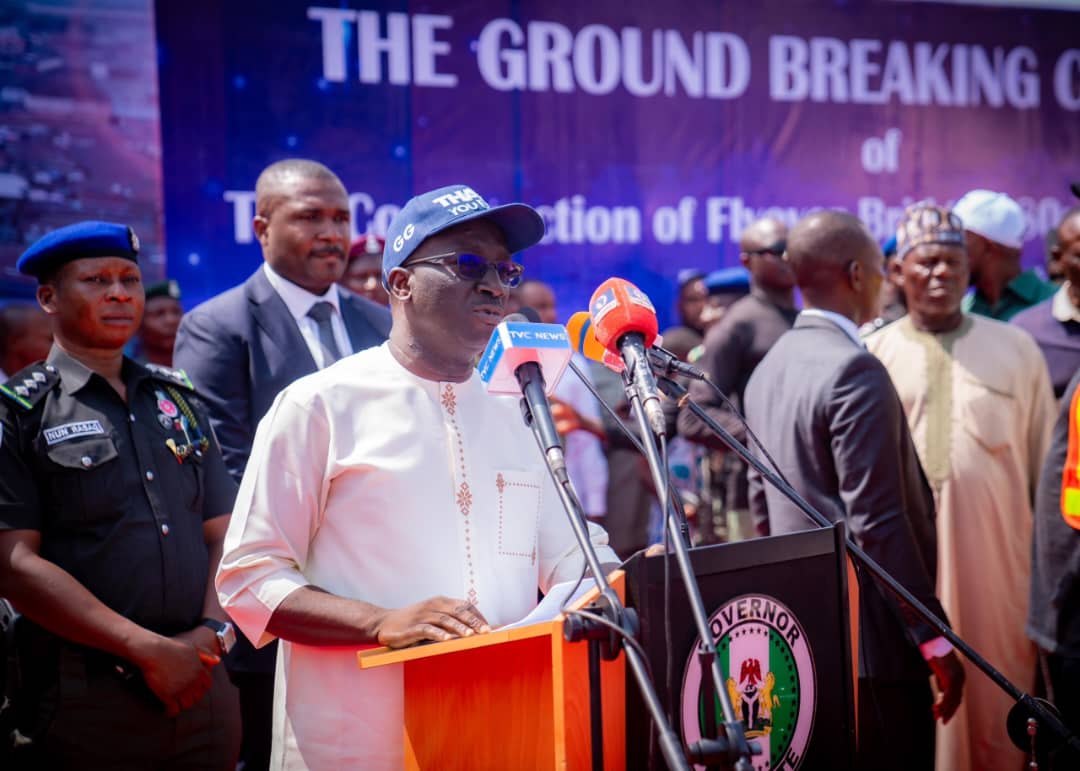Maritime
China Exports To Face Tough 2014 as Yuan Climbs

BEIJING – China’s export growth was disappointing in the final month of 2013due to lackluster demand from developed markets, data released Friday showedBut there could be more problems in store for China’s exporters in 2014 as the yuan currency’s continued appreciation against the U.S. dollar makes the country’s goods more expensive in world markets.
China’s exporters have to contend with rising wages and other costs that have crept up in recent years. The appreciation of the yuan, or renminbi, is another headache, which makes China’s goods more expensive overseas and reduces profits in local-currency terms.
“Rising wages and the yuan are a tremendous problem for us,” said Uwe Hutzler, the general manager of a Chinese company that supplies leather to clothing manufacturers. “We have to pay our expenses and salaries in renminbi but our invoices are in dollars.”
China still remains an export powerhouse for manufacturing goods like electronics. The nation’s share of world trade remains above 10% despite cost pressures. Foreign companies say they need to invest in China because of its large scale of production and integrated supply networks.
Data released Friday showed China’s total trade exceeded $4 trillion in 2013, overtaking the U.S. as the world’s largest trading country.
 But there are signs of potential problems ahead for the nation’s export sector. Weak demand from the U.S. and Europe is a concern.Exports in December grew 4.3% compared with a year earlier, the latest data showed, down from 12.7% year-over year growth in November. That is partly explained by distortions in the data, with an unusually strong month in December 2012 providing an unflattering comparison.
But there are signs of potential problems ahead for the nation’s export sector. Weak demand from the U.S. and Europe is a concern.Exports in December grew 4.3% compared with a year earlier, the latest data showed, down from 12.7% year-over year growth in November. That is partly explained by distortions in the data, with an unusually strong month in December 2012 providing an unflattering comparison.
ANZ Bank pointed out export growth in 2013 as a whole was 7.6%, the second straight year exports have undershot an 8% target. The bank put this down to “diminishing trade competitiveness” as the yuan appreciates.
In real terms — taking account of inflation — the currency appreciated 18.5% against the dollar between June 2010 and November 2013, according to calculations by Karim Foda, a researcher at Brookings Institution. Against some Asian currencies — notably the Indonesian rupiah and the Indian rupee, which fell sharply last year — the declines have been even larger.
More than 500 Chinese companies surveyed by Global Sources, a China-based firm that runs an online marketplace for exporters, cited the strength of the yuan as the most pressing challenge of 2014. A year earlier the currency issue was only number four on the list, eclipsed by rising costs, price competition and slow orders from Europe and the U.S.To deal with rising costs, many manufacturers based in coastal southern China are moving production to cheaper inland facilities or to cheaper countries like Cambodia, Bangladesh and Vietnam. Since the beginning of the 2008 financial crisis, shoemakers in Guangdong region have moved about one third of their production to the interior of China and another third to Southeast Asia, said Li Peng, secretary general of Asian Footwear Industry Association.
“A lot of shoemakers near the coastal areas barely make any profits,” he said. “They are struggling to survive.”
Chetan Ahya, an economist with Morgan Stanley in Hong Kong, says it’s too early for manufacturers to have shifted orders from China based on currency movements, but this could become a bigger factor in 2014.
Chinese officials point out that a stronger yuan also means cheaper imports. China’s government is attempting to move the country away from reliance on state-led industry and exports toward larger domestic consumption. Cheaper imports of foreign goods will help achieve this goal.
“Yuan appreciation will surely lift exports prices and undermine our exports competitiveness,” said Zheng Yuesheng, a spokesman for the Customs Administration. “But… yuan appreciation also helps lower our imports costs.”Policy makers, though, are keen the shift away from exports and heavy industry doesn’t lead to economic dislocations and rising unemployment.
There already are worrying signs that China’s role as the world’s factory floor is being undercut. Foreign investment into Chinese manufacturing dropped 5.7% year-over-year in the first 11 months of 2013 to $64.7 billion, the most recent data available, after a 7.1% decline in 2012. In contrast, Vietnam’s FDI surged by more than 80% last year as manufacturers rushed to take advantage of lower costs.
The production of the low-end household goods that were long the mainstay of China’s economic growth has stagnated. In the first eleven months of 2013, China sent 15% fewer electronic calculators abroad than in the same period a year earlier, 12% fewer umbrellas, and 21% fewer cigarette lighters.
Mr. Zheng, the customs spokesman, acknowledged that the currency issue is a serious one for companies, citing a government survey which found that yuan appreciation significantly impacted costs for 60% of exporters.
“To deal with the issue, I can only recommend that exporters actively upgrade their products and produce more value-added exports,” he said.
– WALLSTREET JOURNAL
Maritime
Maritime Governance: Minister Deposits Three Accession Instruments At IMO

The Honourable Minister of Marine and Blue Economy, Adegboyega Oyetola has deposited three Instruments of Accession to IMO Conventions signed by President Bola Ahmed Tinubu with the global body.
He did so on Tuesday, at the headquarters of the International Maritime Organization (IMO), which acts as the repository for these conventions.
This move, coming a few weeks after Nigeria declared its intention to contest election for a seat on the IMO Council, is expected to enhance Nigeria’s maritime governance and align its practices with international standards, promoting maritime safety, security, and environmental protection.
Shortly after the presentation ceremonies, Oyetola informed the IMO Secretary General, Arsenio Dominguez, of the President’s commitment to ensuring that Nigeria aligns with international maritime standards regarding maritime safety, security, and sustainable marine practices.
ALSO READ: NNPCL Launches Utapate Crude Oil Blend, Eyes Production Expansion In 2025
He also called on the IMO to extend technical support to Nigeria.
In his words, “These instruments, duly acceded by His Excellency, the President of the Federal Republic of Nigeria, signify Nigeria’s continued commitment to aligning with international maritime standards, ensuring maritime safety and security, and promoting sustainable marine practices.
“We hereby request tailored technical cooperation under the Integrated Technical Cooperation Programme (ITCP) to enhance Nigeria’s compliance with IMO conventions and improve our maritime governance and implementation of the instruments we submitted today.”
On his part, Dominguez, acknowledged with appreciation the formal deposition of the Instruments of Accession, stating that it underscores Nigeria’s steadfast commitment to aligning with global maritime standards.
“I congratulate Nigeria for its exceptional efforts in acceding to these six critical IMO instruments. I encourage continued momentum by securing presidential assent to additional key conventions. We at the IMO remains fully committed to supporting Nigeria through technical cooperation and capacity-building initiatives to ensure the successful implementation of these instruments,” he stated.
The instruments Oyetola handed over to Dominguez include the instrument of accession to the 2005 Protocol to the Convention for the Suppression of Unlawful Acts against the Safety of Fixed Platforms Located on the Continental Shelf (SUA Protocol 2005), the instrument of accession to the International Convention on Standards of Training, Certification, and Watchkeeping for Fishing Vessel Personnel (STCW-F), and the instrument of accession to the Protocol Relating to Intervention on the High Seas in Cases of Pollution by Substances Other Than Oil (Intervention Protocol 1973).
It was gathered that three other Instruments of Accession signed by President Tinubu are undergoing further steps to complete the processes for their deposit.
Maritime
Capacity Dev’t: NIMASA Assures On Cabotage Vessel Financing Fund

Funds accrued under the Cabotage Vessel Financing Fund (CVFF) are intact and currently held with the Central Bank of Nigeria (CBN) under the Single Treasury Account (TSA).
This assertion was made by the Nigerian Maritime Administration and Safety Agency (NIMASA), in a statement in Lagos on Tuesday.
The clarification became necessary to address “a misleading publication alleging that funds have disappeared from the CVFF account”.
ALSO READ: Okpebholo Hits Ground Running, Flags Off Edo’s 1st Flyover Bridge
The statement reads, in part, “The report of a missing money is both misleading and false.
“For the record, the Cabotage Vessel Financing Fund, securely held in the NIMASA account at the Central Bank of Nigeria (CBN), remains intact. There has been no disappearance of funds, and no illegal transactions, as the article suggests. This misinformation is a figment of the authors imagination, aimed at undermining NIMASA’s integrity, and mislead the public about the Agency’s operations.
“The Management of NIMASA will ensure that the CVFF is utilised in line with its statutory purpose. NIMASA Director General, Dr Mobereola has assured stakeholders of the safety of funds under the CVFF.”
The statement cited the DG thus, “Let us be clear that the CVFF account at the Central Bank of Nigeria is safe, intact, and secure. We at NIMASA will continue to manage it with the utmost responsibility, and there are no irregularities or illegal activities surrounding the funds. I urge the public to disregard this false narrative and to continue trusting the Agency’s ability to uphold the integrity of Nigeria’s maritime sector”.
It was gathered that the CVFF is a fund established under section 42 of the Coastal and Inland Shipping (Cabotage) Act 2003 to promote the development of indigenous ship acquisition capacity and to provide credit facilities to local maritime operators.
The NIMASA, assured of its commitment “to transparency, accountability, and the advancement of Nigeria’s maritime sector.”
Maritime
Okpebholo Hits Ground Running, Flags Off Edo’s 1st Flyover Bridge

Edo State Governor, Senator Monday Okpebholo appears eager to deliver the dividends of democracy to his constituents.
This is discernible from the frenzy of activities being witnessed in his first few days on the job, including dissolution of boards, constitution of investigative panels, flagging off of infrastructure projects, among others.
In the bid to address the perennial road traffic congestion negatively impacting economic and social activities in Benin City, the state capital, Gov Okpebholo on Wednesday flagged off the construction of a flyover bridge.
Biztellers reports that the flyover bridge around the popular Ramat Park in the city centre is the first of such in the history of Edo State.
ALSO READ: Tinubu Seeks ₦1.767tn Loan to Tackle 2024 Budget Deficit
The Edo State Government made the disclosure in its verified handle on micro-blogging site, X, on Wednesday.
It wrote, “Traffic decongestion: Gov Okpebholo flags off first flyover in Edo.
“Edo State Governor, Sen. Monday Okpebholo has flagged off the construction of a flyover bridge at Ramat Park, Benin City, the State Capital, as part of immediate efforts to reduce traffic congestion in the city.”











